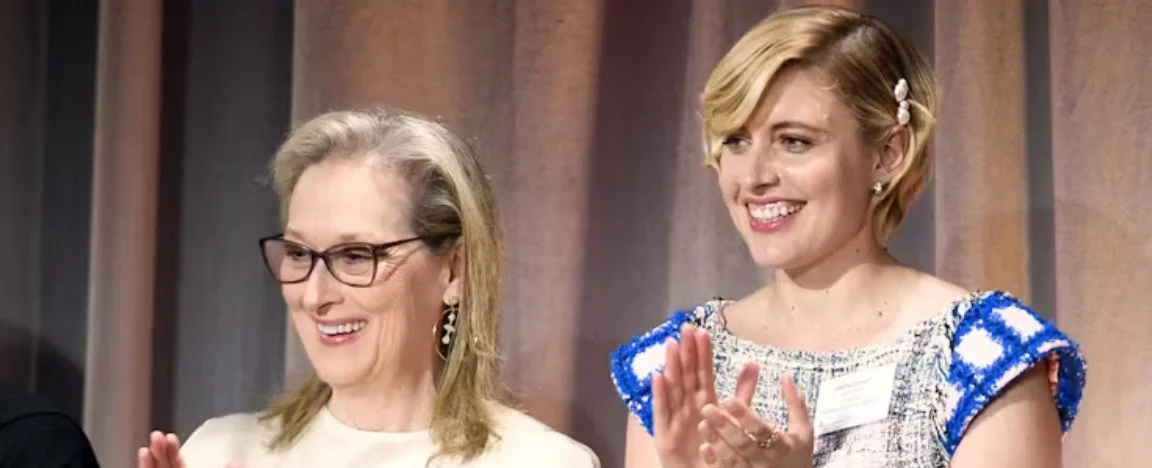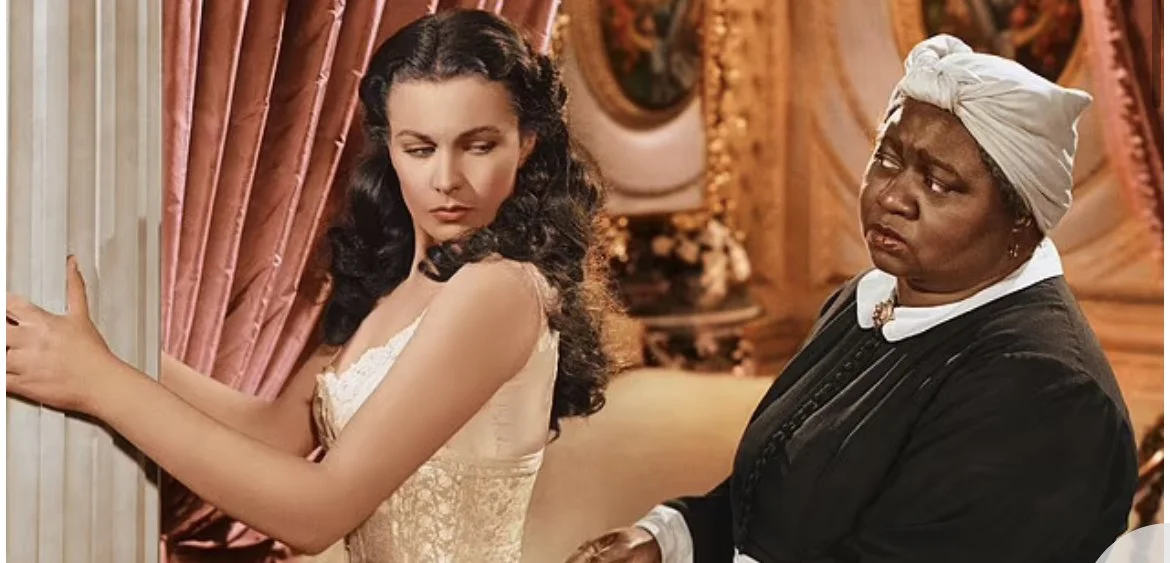Margaret Mitchell's ‘Gone With the Wind’ novel, set in Georgia during the American Civil War, was published in 1936, 3 years later the Oscar-winning film was released.
There’s been a lot of controversy these last few years about how to “handle” Mitchell’s source material and publisher Pan Macmillan has decided that the best way forward is to stamp the book’s opening with a trigger warning.
The novel includes the representation of unacceptable practices, racist and stereotypical depictions and troubling themes, characterisation, language and imagery […] The text of this book remains true to the original in every way and is reflective of the language and period in which it was originally written. We want to alert readers that there may be hurtful or indeed harmful phrases and terminology that were prevalent at the time this novel was written and which are true to the context of the historical setting of this novel. In addition, historical fiction writer Philippa Gregory was commissioned to write a a new forward in the latest version, laying out the 'white supremacist' aspects of the book.
The film version had been blackballed by HBO Max a few years ago due to “racist depictions,” Americans were quick to try and snatch up a copy of “Gone With the Wind“ on Blu-Ray and DVD. The film got a major boost by becoming a number one best-seller on Amazon’s sales chart for TV and movies. It also cracked the top 5, almost immediately after the HBO Max ban, in the iTunes movie charts.
The 1939 American classic had been pulled from HBO Max after the streaming company received some major flack due to an op-ed penned from “12 Years A Slave” screenwriter John Ridley and published by the Los Angeles Times.
The gist of the op-ed had to do with Ridley calling on HBO Max to "consider removing" the film from its platform because the Best Picture winner didn’t just “fall short” with regard to representation, but also ignored the horrors of slavery and “perpetuated some of the most painful stereotypes of people of color."
This move to remove “Gone With the Wind” came after nationwide protests in the U.S. over George Floyd’s death. It was a time. It was a moment.
The “Gone With the Wind” controversy hasn’t even led to debate, because you can't have a debate with people who think their moral and political certitude justifies destroying and debasing cultural artifacts and institutions.
I haven't watched “Gone With the Wind” for a long time, but, if I remember correctly, the film is not at all “wildly racist”. The main storyline revolves around relationships rather than praising the South, the Confederacy, and slavery.
Those themes come up in the background of the story, but it's nowhere near the main theme at all. It has nothing to do with the glorification of the antebellum plantation society, but instead deals with universal themes of love and betrayal. The setting could have been set in any other era or even without any historical context and it would still be the same story.
The film is true to the era when a person wouldn't frown upon slavery and would support the South, but I don't remember there being any politically motivated messages, such as how the South was right, how the North was wrong, or how slavery was justified.
It’s now come to the point where "Gone With the Wind" has now become as taboo as DW Griffith’s towering but reactionary slab of racism, "The Birth of a Nation.” That film is said to have led to a spike in KKK registrations in 1915 — whereas there is no indication that “Gone With the Wind” has caused more racism.
While “Gone With the Wind” does romanticize the old plantation lifestyle to some extent, it's hardly as deliriously racist as Griffith's ‘Nation,’ after all, the film's odious racism vilified black people and glorified the Ku Klux Klan. There's also the case for “Gone With the Wind” actress Hattie McDaniel who won an Academy Award for Best Supporting Actress, becoming the first African-American to ever win an Oscar.
The reactionary times we live in are trying to negate whatever happened in the past. Instead of learning about it, and making sure the same mistakes don’t happen again, we’re just trying to erase history.






